 Professor Zhang Yongzhen organizes a protest outside his laboratory, the Shanghai Public Health Clinical Center. Photo: X
Professor Zhang Yongzhen organizes a protest outside his laboratory, the Shanghai Public Health Clinical Center. Photo: X
A Chinese scientist who defied Beijing for publishing the first coronavirus episode staged a sit-in outside his laboratory after authorities abruptly evicted him.
Professor Zhang Yongzhen took the stage outside the Shanghai Clinical Center public health on Sunday, in a rare event. a sign of public dissent in China.
It is the latest in a series of setbacks, demotions and attempts to ostracize Professor Zhang, who experts say was «mistreated for years» for what he published episode with the Sars-Cov-2 virus without government permission in January 2020.
< p>The move allowed health officials around the world to test for the virus and set off a race to develop vaccines and treatments within weeks.
But the Chinese government, which has denied the pandemic is natural or otherwise, within its borders — was furious, and since then Professor Zhang has been under enormous pressure and scrutiny.
Last weekend he was not allowed to enter a laboratory in Shanghai. Photos of him sleeping in the rain near his front door as a sign of protest while guards ignore him have been widely circulated on Chinese social media.
Professor Zhang Yongzhen spent the night outside the center in Shanghai after begging authorities to let him continue his work. Photo: X
The Shanghai Public Health Clinical Center insisted that Professor Zhang's laboratory was closed for «safety reasons» and that alternative space had been provided while renovations took place.
But according to Professor Zhang's online statement, reviewed by The Associated Press, the scientist was only offered another lab space after he was moved out, and it did not meet the safety standards required for his research.
“I will not leave, I will not leave, I am engaged in science and truth!” he wrote in a now-deleted post on Weibo, the Chinese social media platform. “The Center for Public Health refuses to allow me and my students into the laboratory room to take shelter.”
Professor Stuart Neale, a virologist at King's College London involved in work to trace the origins of Covid, told The Telegraph it was “regrettable see Zhang Yongzhen's constant persecution and punishment.»
“He was very brave in publishing the sequence of the virus, despite the fact that Chinese authorities wanted to control information about the original outbreak. If he hadn't forced [China] to act, how long would they have delayed releasing this episode? Two to three weeks after the publication of this sequence, the first mRNA vaccine designs were already in production for preclinical testing.
“I don’t think it is an exaggeration to say that without Zhang’s courage there would have been a real delay in the introduction of the first vaccines. And for this he was mistreated for years, says Professor Neal.
Professor Peter Hotez, dean of the National School of Tropical Medicine at Baylor College of Medicine in Texas, added that Professor Zhang's work during the pandemic was «important» and stressed that «the fight against pandemics depends heavily on the open sharing of data.» .
The Chinese government has a “tight control of the narrative.”
Professor Zhang’s treatment, however, reflects a broader crackdown on coronavirus research by the Chinese state.
Scientists working with colleagues in China, who asked not to be named out of concern for their colleagues, told The Telegraph that international collaboration has become much more difficult since the pandemic.
Dr. Ingrid D'Hoeg, a senior researcher at the Clingendael China Center in the Netherlands, said the case is a reminder that «it remains impossible to conduct independent research into the origins of the virus» because of how tightly the Chinese government controls the story. . .
”[This] sends a signal to scientists in China that they will be punished if they do anything without getting permission from the authorities… [and] signals that international cooperation will remain tightly controlled government and carries risks for Chinese scientists,” she told the Telegraph. “[This] reflects an overall further deterioration in academic freedom in China in recent years.”
Professor David Robertson from the University of Glasgow Center for Virus Research added: “Making the first SARS-CoV-2 genome available is really very important, and Zhang Yongzhen should be celebrated for this, rather than pushed out of his scientific role.»

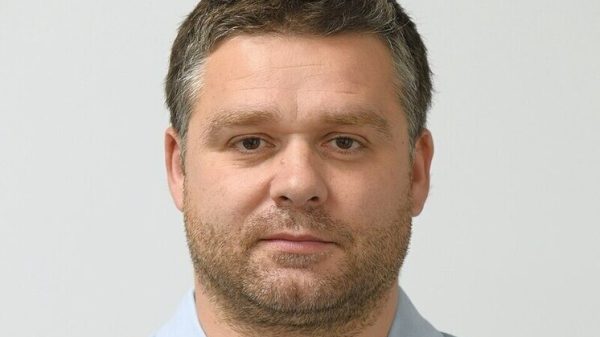
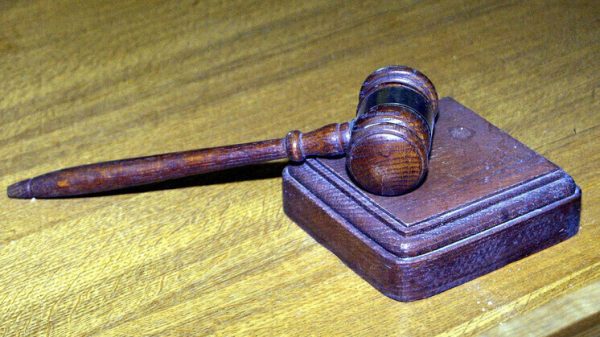
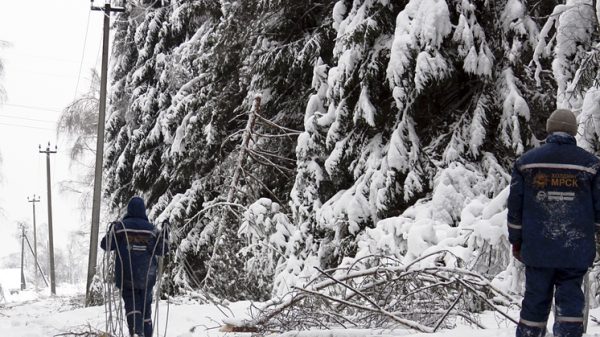
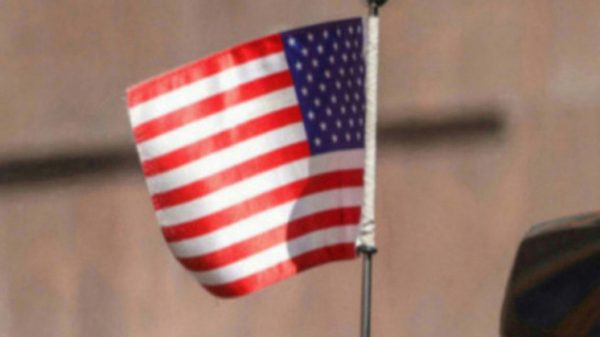
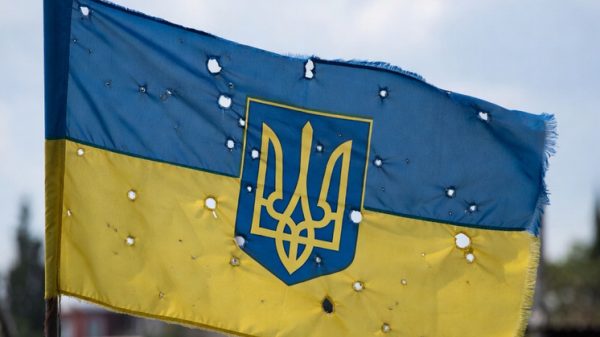


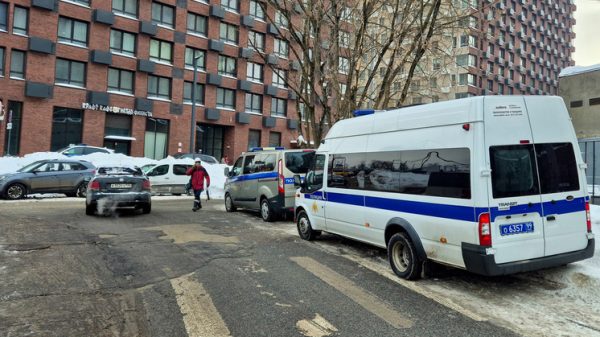

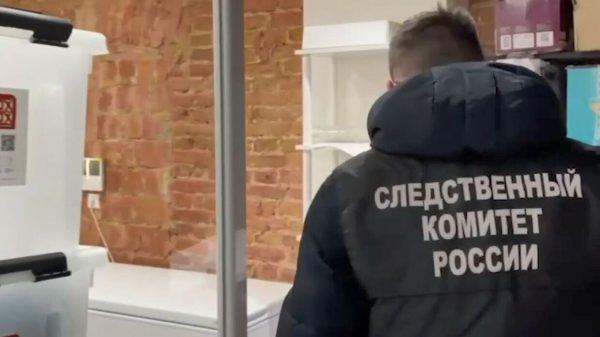

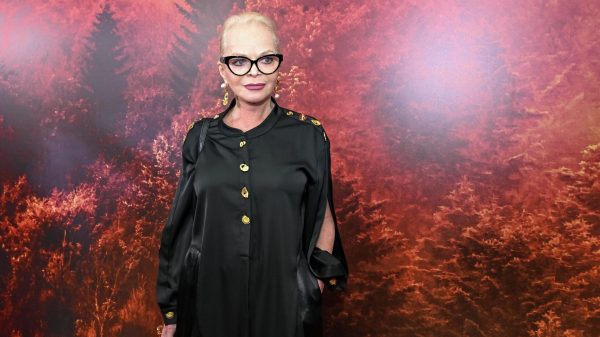


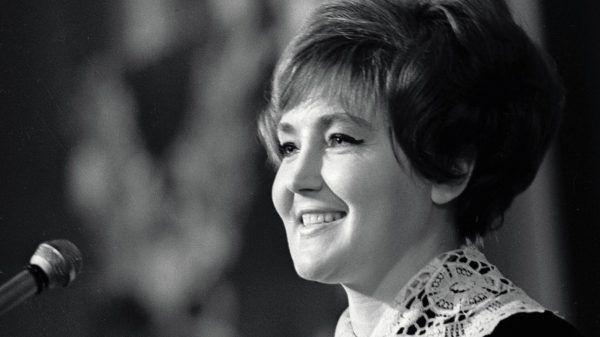
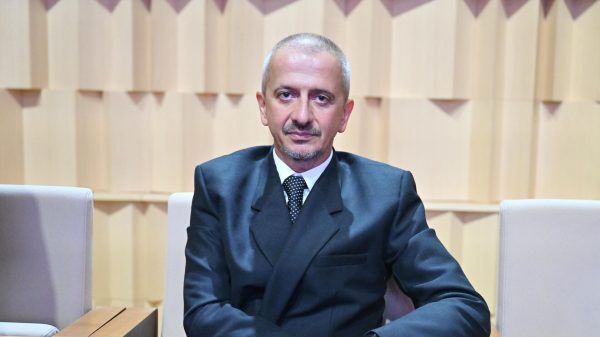
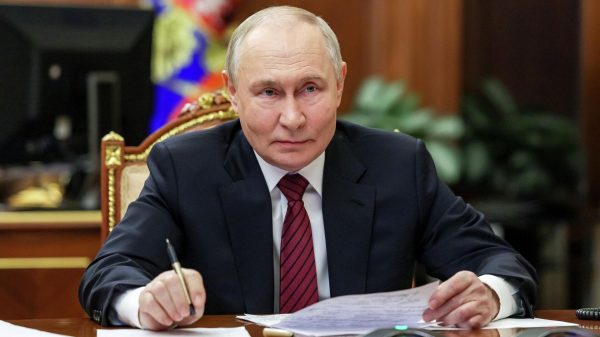
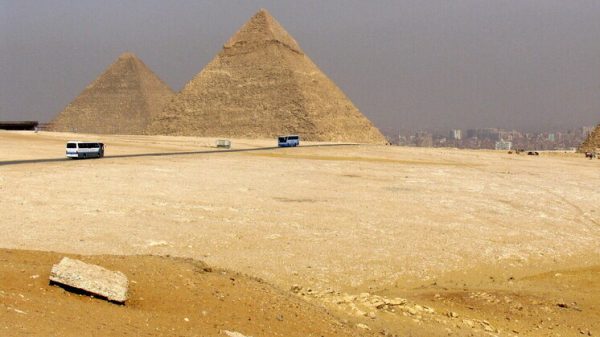















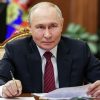

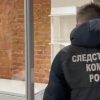
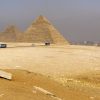














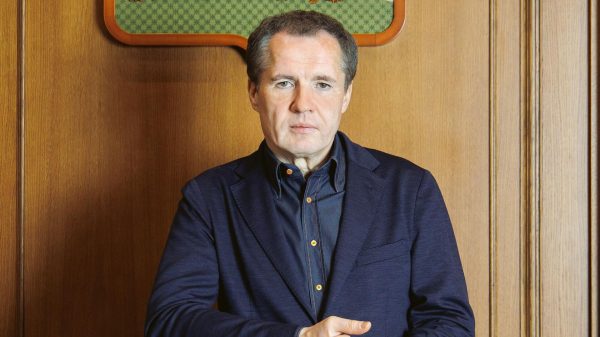

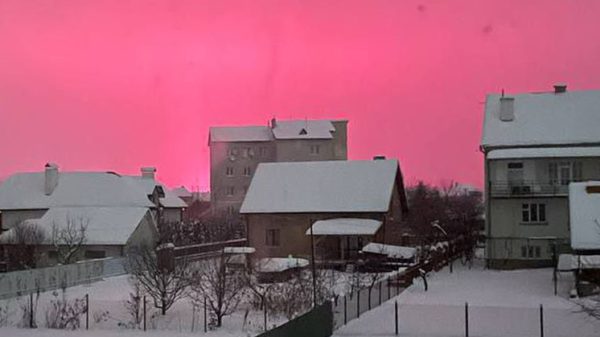
Свежие комментарии